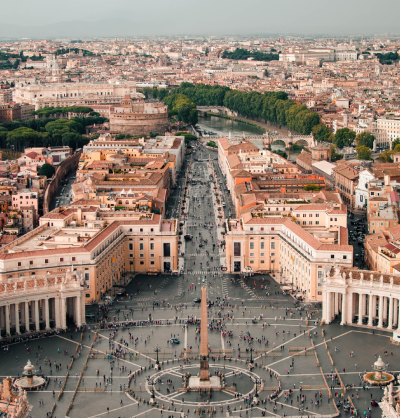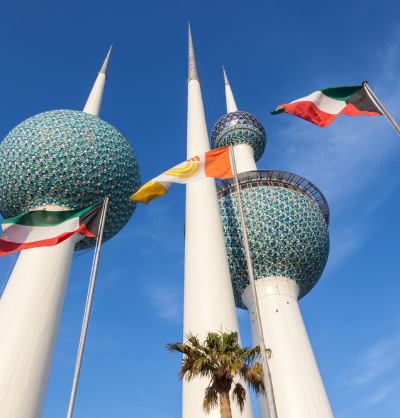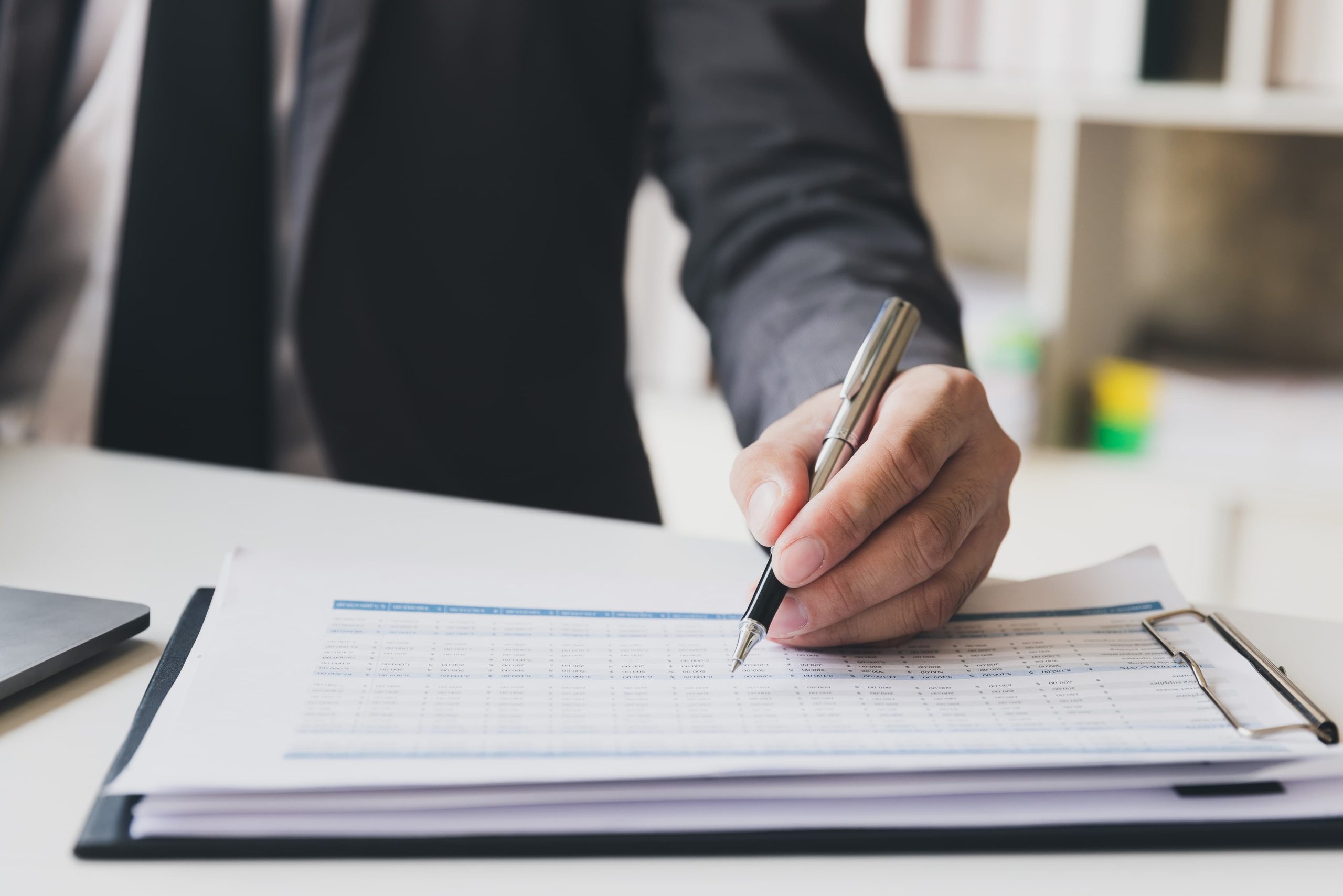The eighth issue of the stratEGIC Monthly, featuring analyses of key issues that defined the Euro-Gulf space in September 2022, focuses on Europe’s intensified engagement with the GCC, namely: the rationale behind the EU’s pivot to the Gulf and the increased European investment in GCC’s natural gas sectors.
The EU’s Pivot to the Gulf
By Nikola Zukalová
In September, President of the European Council, Charles Michel, visited Qatar, the United Arab Emirates (UAE) and Saudi Arabia. Towards the end of the month, the European Union’s (EU) High Representative for Foreign and Security Policy, Josep Borrell, held talks with Gulf Cooperation Council (GCC) Foreign Ministers and other representatives on the sidelines of the UN General Assembly in New York and announced that he will appoint an EU Representative for the GCC. Deputy Secretary General of the European External Action Service, the EU’s diplomatic corps, Enrique Mora, also visited Qatar.
As the first such tour by a sitting President of the European Council, a body that defines the EU’s general political direction and priorities, Michel’s visit (and Borrell’s announcement) signalled to the Arab Gulf countries the political will to pursue closer relations, build on the EU’s various strategic documents, including the Partnership with the Gulf, the Global Gateway and REPower EU and generally reset relations between the EU and GCC. Michel’s regional tour — which actually began in Algeria, another key gas supplier — reflected the EU’s cornerstone interests: boosting cooperation in energy (particularly, LNG, green energy and renewables), the trade and investment file and regional and international stability. The EU also seeks to capitalise on the emerging economic opportunities for its companies in the GCC associated with the ongoing socio-economic transformations. The EU strengthened its diplomatic presence in the GCC with its fourth mission opened in Qatar as it seeks to benefit from Doha’s channels to regional actors such as Iran, the Taliban and Hamas and the hosting of peace talks (such as the recent ones regarding Chad) and, crucially, access its vast natural gas reserves. Qatar’s expansion of the North East Gas Field, the world’s largest LNG project, will boost the country’s liquefaction capacity by nearly 64% by 2027 to some 126 million tonnes per annum—underscoring the role it can play as a strategic ally in the EU’s pursuit of energy security. Both Saudi Arabia and the UAE — besides their massive hydrocarbon reserves — have defined ambitious targets in green transition, seeking to become key global renewable energy suppliers, including to Europe, and have invested in various projects worldwide, profiling themselves as important partners for Europe’s future transition. Additionally, Saudi Arabia and other GCC countries plan to invest in their mining industries. Saudi Arabia, which has some of the largest mineral deposits in the Middle East, possesses significant reserves of bauxite and Oman of antimony, which figure on the EU’s list of critical raw materials. The UAE and Bahrain are key suppliers of unwrought aluminium. Saudi Arabia is also a source of highly prized rare earth elements such as tantalum and niobium and seeks to become ‘a global hub for exploring and mining the critical minerals needed for [the green] global transformation.’
The EU’s increased interest in the GCC can be seen as part of a strategy to boost its global role and geopolitical relevance. The EU is repositioning itself particularly in light of the rise of China and the consolidation of Asia’s role at the centre of the global economy over the next decade. The GCC’s international role has been growing, partially thanks to its strategic position on the crossroads between Africa, Asia and Europe, and its importance for the EU will only increase in the coming years. Following the global pandemic, which showcased its vulnerabilities, the EU seeks to diversify sources of key strategic commodities, including energy supplies and critical raw materials important particularly for EU’s renewable, digitalisation and defence sectors, looking increasingly towards Africa, the Middle East, Central Asia and South America—i.e. the Global South, where the GCC countries enjoy a more favourable position. Africa will be of growing interest to the EU as it recently announced the Global Gateway Africa-Europe Investment Package in energy, transport and digital infrastructure and will need partners to compete with other powers, such as China. The EU is betting on economic diplomacy to help achieve its interests and boost its global position in the future where the GCC countries are set to play an important role.
Increased European Investment in Gulf Natural Gas Sectors
By Ashleigh White
On 24 September, the French energy giant, TotalEnergies, became another European energy company to sign new investment deals in the Gulf. TotalEnergies signed a new deal in Qatar’s natural gas production expansion, including an acquisition of a 9.3% stake in the North Field South Gas project. Around the same time, German Chancellor Olaf Scholz secured more gas shipments during his Gulf tour to the UAE, Saudi Arabia, and Qatar. Following the outbreak of the Russian-Ukraine War, European countries have been scrambling to find new energy sources to replace Russian oil and gas. Natural gas prices have nearly doubled in Europe following strict sanctions on Russia. Additionally, in the last month, escalating threats from Russia along with explosions causing leaks in the Nord Stream 1 and 2 pipelines have resulted in increased negotiations between EU and GCC countries. Although, Russia’s gas supplies to Europe have decreased by 88% over the last year, Europe has still paid an estimated $430 billion to Moscow for oil and gas imports over the same period. The European Union has stated it will cut Russian gas imports by two-thirds over the coming year, and to help reach this goal European focus shifted to the Gulf. In the last month many European countries, including Germany, Italy and France, which were once dependent on Russia for natural gas have increased investments in and negotiations with the GCC countries. Companies from the United Kingdom, Italy and the US will also be a part of the Qatari North Field East project. The interest from key EU member states and Western nations shows eagerness to boost bilateral natural gas trade with GCC countries, and hopefully open the door to increased Euro-Gulf cooperation.
The increased cooperation with the EU and Western nations has resulted in the GCC balancing between their relations in the East and West. Sino-GCC relations have also continued to improve over the past year. Following the meeting with the Chinese ambassador on 1 October in Riyadh, the GCC Secretary General stressed the importance of enhancing prospects for China-GCC cooperation. In a period where gas prices and inflation are soaring, the GCC countries have emerged as key players in a strategic position between Russia, China, the EU, and the US. Moving forward a repositioning in the global setting will be important for the GCC countries’ goals regarding regional and international standing.





